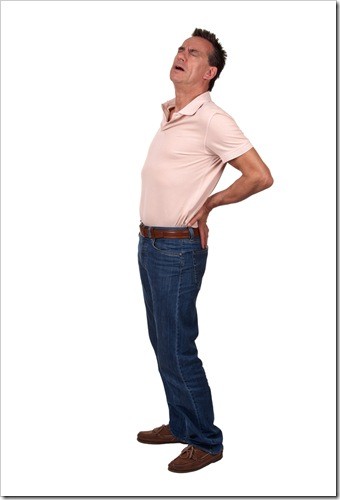 In the 1970s, skepticism surrounding spinal cord stimulators (SCS) stemmed from a perception that the extensively-used devices were being applied indiscriminately to a diverse spectrum of pain diagnoses.1 It has only been since the turn of this century that pain medicine specialists in general have renewed their interest in SCS as an option for patients who have failed with non-pharmacological and non-surgical treatments. While the research demonstrating the possible uses of SCS continues to grow, the device is most commonly used in failed back surgery syndrome (FBSS). The first meta-analysis of SCS for FBSS was published in 1995,2 but the first such meta-analysis containing randomized controlled trials wasn’t published until 2004 – nearly 40 years since the introduction of this device.3 In 2007, a finally led to the Editorial Board of Pain Medicine to include SCS as a treatment for FBSS and for complex regional pain syndrome with a strength of recommendation level A.4
In the 1970s, skepticism surrounding spinal cord stimulators (SCS) stemmed from a perception that the extensively-used devices were being applied indiscriminately to a diverse spectrum of pain diagnoses.1 It has only been since the turn of this century that pain medicine specialists in general have renewed their interest in SCS as an option for patients who have failed with non-pharmacological and non-surgical treatments. While the research demonstrating the possible uses of SCS continues to grow, the device is most commonly used in failed back surgery syndrome (FBSS). The first meta-analysis of SCS for FBSS was published in 1995,2 but the first such meta-analysis containing randomized controlled trials wasn’t published until 2004 – nearly 40 years since the introduction of this device.3 In 2007, a finally led to the Editorial Board of Pain Medicine to include SCS as a treatment for FBSS and for complex regional pain syndrome with a strength of recommendation level A.4
Increased use of SCS can be credited to improved design of the technology and introduction of the percutaneous electrode implantation facilitating spinal cord stimulator trials.5,6 The spinal cord stimulator trial is a relatively inexpensive test allowing patients to try a temporary external device before electing full implantation. Trials last three to eight days. We are looking for at least 50% reduction in pain before recommending full implantation. Generally speaking, if a patient feels like the trial may have helped, we don’t recommend the full surgery. Patients should be absolutely positive that the SCS is having a large effect before we recommend the full implantation. The implementation of the spinal cord trial is an outpatient surgery with local anesthetic and mild sedation. We use fluoroscopic guidance and an introducer needle to place temporary electrodes in the epidural space adjacent to a targeted spinal cord level determined to be causing the pain. In the SCS trial, the electrical generator is not implanted.
When you have a patient who may be a candidate for a spinal cord stimulator, you can refer to Care Medical Center for an assessment and possible SCS trial. Spinal cord stimulators are only recommended after all conservative treatments have been exhausted and are primarily recommended for neuropathic pain. However, patients who control their chronic neuropathic pain with narcotics may be candidates for an SCS trial because SCS has the potential to reduce the need for narcotics. As a pain medicine practice with on-site physical therapy, we can provide a full assessment and second opinion on the potential of conservative treatment measure. When patients meet the requirements, we can also implement the spinal cord stimulator trial.
References:
1. Frey M, Manchikanti L, Benyamin R, et al. Spinal cord stimulation for patients with failed back surgery syndrome: A systematic review. Pain Physician. 2009; 12: 379-397.
2. Turner J, loeser J, Bell K. Spinal cord stimulation for chronic low back pain. A systematic literature synthesis. Neurosurgery. 1995; 37: 1088-1096.
3. Turner J, Loeser J, Deyo R, et al. Spinal cord stimulation for patients with failed back surgery syndrome or complex regional pain syndrome: A systemic review of effectiveness and complications. Pain. 2004; 108: 137-147.
4. North R, Shipley J, Prager J, et al. Practice parameters for the use of spinal cord stimulation in the treatment of chronic neuropathic pain. Pain Med. 2007; 8: S199-S275.
5. Mailis-Gagnon A, Furlan A, Sandoval J, et al. Spinal cord stimulation for chronic pain. Cochrane Database Syst Rev. 2004; 3: CD003783.
6. Barolat G, Sharan A. Future trends in spinal cord stimulation. Neurol Res. 2000; 22:279-284.
For Your Health,
Dr. Ryan Moorman

 A
A